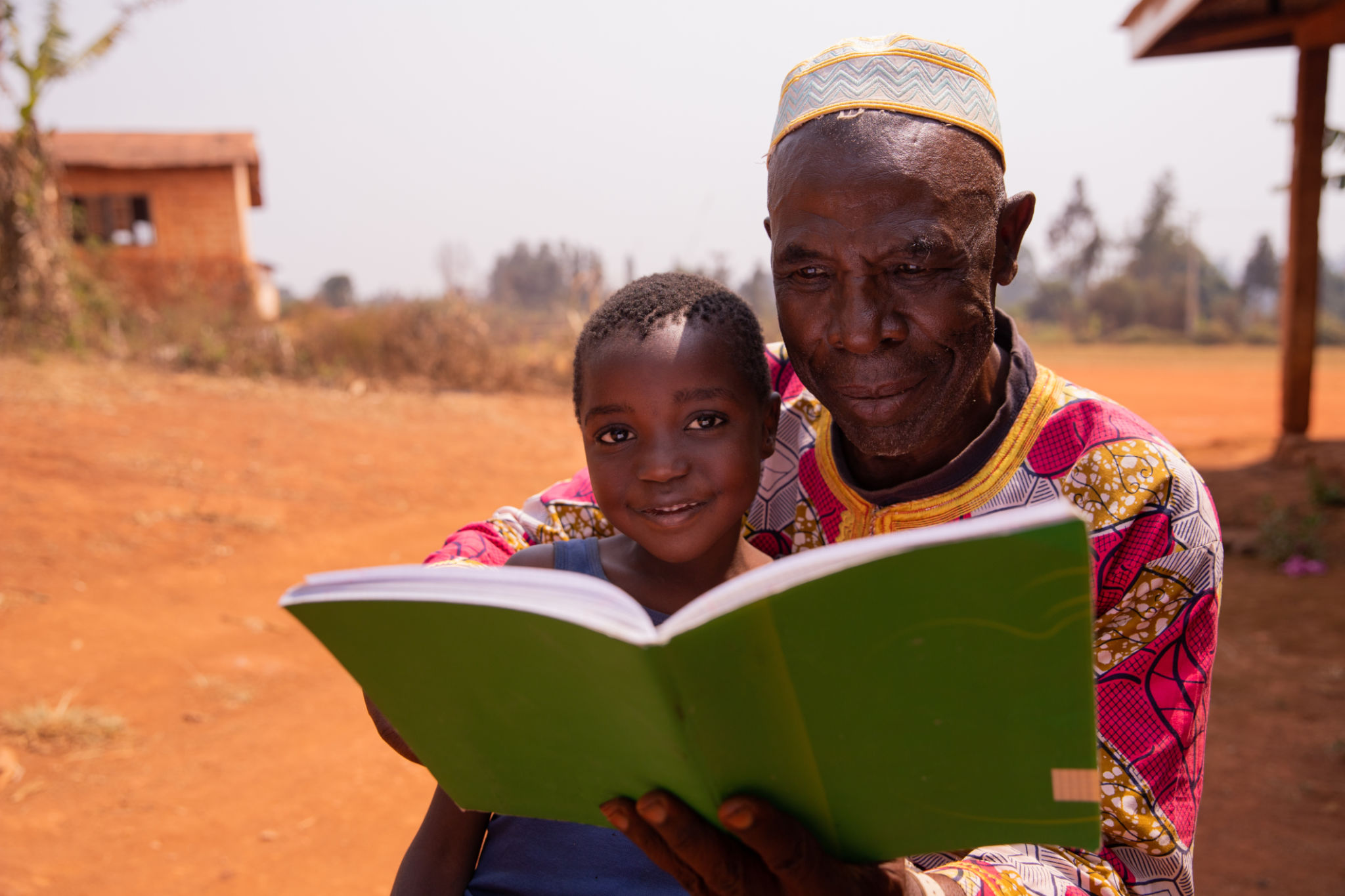Preserving Edo (Bini) Languages and Dialects: Challenges and Opportunities
Understanding the Edo (Bini) Language and Its Importance
The Edo (Bini) language, spoken by the Edo people in Nigeria, is a vital part of the cultural heritage of the region. It serves as a vehicle for expressing the rich history, traditions, and stories of the Edo people. However, like many indigenous languages worldwide, the Edo language faces challenges that threaten its survival.
Preserving this language is crucial for maintaining the cultural identity of the Edo people. It provides insights into their way of life, beliefs, and social structures. As globalization continues to influence language use, it is essential to recognize the importance of safeguarding such languages.

Challenges Facing Edo Language Preservation
One of the primary challenges in preserving the Edo language is the influence of dominant languages such as English. As English becomes increasingly prevalent in education and media, younger generations may prioritize learning it over their native tongue. This shift can lead to a gradual decline in fluent speakers of the Edo language.
Another challenge is the lack of comprehensive documentation and resources for learning the language. Limited availability of educational materials, such as textbooks and language courses, can hinder efforts to teach and pass on the language to future generations. Additionally, there may be insufficient funding and support for initiatives aimed at preserving indigenous languages.

Urbanization and Its Impact
Urbanization also plays a significant role in the erosion of indigenous languages. As people move from rural areas to cities in search of better opportunities, they may adopt more widely spoken languages for economic and social integration. This migration can result in reduced use and transmission of the Edo language within families and communities.
When Edo families relocate to other Nigerian states or to countries abroad, the home no longer functions as a refuge for the language. Children quickly assimilate into their new linguistic contexts, and their limited use of Bini at home accelerates its decline. Traditional proverbs, folktales, and ritual language lose meaning when the cultural settings that once nurtured them vanish. As code-switching becomes commonplace, Edo phrases survive only as scattered echoes within conversations dominated by more powerful lingua francas.
Without intentional efforts—such as bilingual education, community storytelling events, and preservation of Edo content in media and online archives—the language’s visibility continues to wane. Urbanization thus offers promise and progress but also poses a profound challenge to the continuity of the Edo identity, which hinges on the survival of its native tongue.
Opportunities for Preserving Edo Language
Despite these challenges, there are numerous opportunities to preserve the Edo language. One promising approach is the integration of technology in language preservation efforts. Digital platforms and mobile apps can offer interactive language learning experiences, making it easier for both young and old to engage with their native tongue.
Community-led initiatives also play a crucial role in language preservation. By organizing cultural events, workshops, and storytelling sessions, communities can create environments that encourage the use of their language. Such activities not only promote linguistic heritage but also strengthen community bonds.

The Role of Education and Policy
Educational institutions have a significant part to play in preserving indigenous languages. By incorporating the Edo language into school curricula, schools can foster an appreciation for linguistic diversity from an early age. Moreover, government policies that support language preservation initiatives can provide necessary funding and resources.
Collaborations between local governments, NGOs, and international organizations can amplify efforts in preserving indigenous languages. By pooling resources and expertise, these partnerships can implement sustainable programs that ensure the survival of languages like Edo for future generations.

Conclusion: A Call to Action
Preserving the Edo language requires a concerted effort from individuals, communities, and governments alike. By recognizing both the challenges and opportunities involved, stakeholders can develop strategies that safeguard this vital cultural resource. Ultimately, preserving the Edo language not only enriches Nigeria's cultural tapestry but also contributes to the global diversity of languages and cultures.
